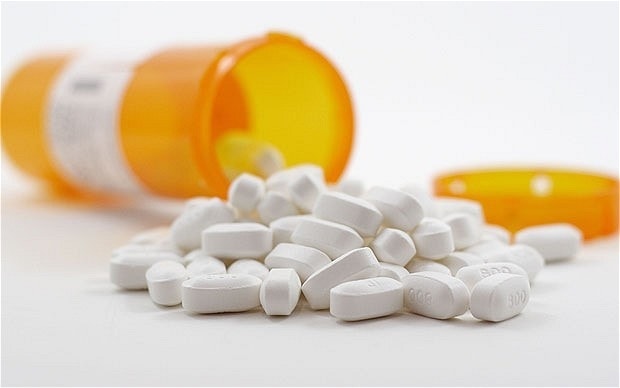More than 50% of cancer drugs in the UK do not work
More than half of cancer drugs brought to market in the UK have no evidence that they work for patients.
More than half of the cancer drugs approved for use in the UK in recent years have not been proven to help patients live longer, according to information published in the British Medical Journal (BMJ).
This is a study by a group of experts from King's College, University of London and the London School of Economics.
 |
| Illustration photo. |
Many expensive indirect (alternative) drugs with clinical benefits are approved for use but are ineffective, leaving patients disadvantaged, social resources wasted, and health care impaired, the researchers said.
The results are based on an analysis of the European Medicines Agency's cancer drug approval reports from 2009 to 2013.
Of the 68 cancer drugs approved during this period, 39 (57%) were marketed as alternative drugs and there was no evidence that they prolonged survival or contributed to improving the quality of life for patients.
According to researchers, after 5 years on the market, only 8 drugs have shown to help patients live longer and contribute to improving quality of life.
Of the 68 drugs approved by the EMA, 35% saw a prolongation of life and quality of life compared with current treatments or placebo, while the remaining 33% had uncertain effects.
The Independent quoted Dr. Courtney Davis, lead author of the study, as saying: "We evaluated drugs that have been on the market for five years, most of which have no evidence that they help patients live longer and can improve quality of life."
Responding to the announcement, an EMA spokesman said: "EMA has not had time to properly analyze the BMJ's research results.
Therefore, we cannot comment. What we can say is that the EMA has discussed the evidence of the effectiveness of the medicines and looks forward to further discussion on this issue."
According to VNN
| RELATED NEWS |
|---|



